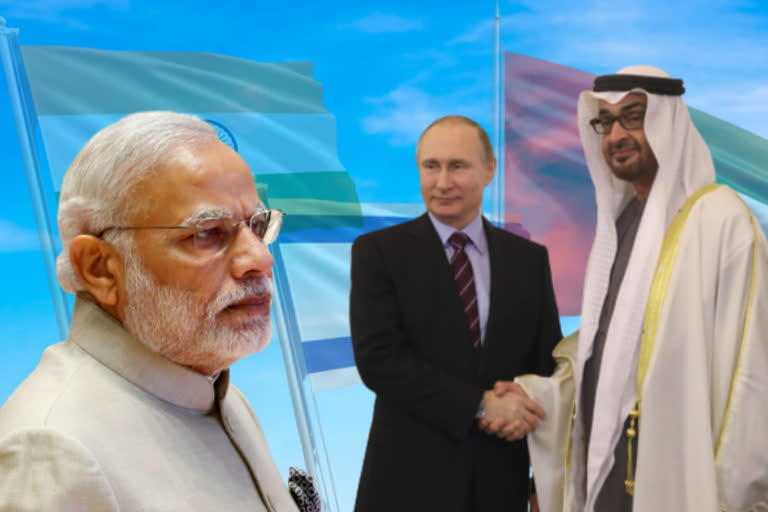New Delhi:The Abraham agreement, signed on August 13, 2020, between the United Arab Emirates (UAE) and Israel, to establish full diplomatic relations and “normalise” their bilateral relations, is the first significant move to lessen the fraught situation in West Asia since the turn of the millennium. The latest breakthrough in Arab Israeli relations also provides India, a close partner of both Israel and UAE, a chance to become an important player in the West Asian region, possibly even influencing a peaceful resolution of the bitterness that has beset Arab-Israeli ties for over seven decades.
There is potential in the Agreement, which was years in the making and signed between the UAE Crown Prince, the pragmatic Mohammed bin Zayed Al Nahyan, and Israeli Prime Minister Benjamin Netanyahu, to actually change the conflicted politics of the region, particularly if it sees more Arab nations recognise Israel, and restore some effort at dialogue between Israel and the Palestinian Authority, though chances of a Palestinian state appear distant. While the UAE’s major regional ally, Saudi Arabia, has stipulated that it would consider entering into a similar agreement only if a state of Palestine becomes a reality, there is little doubt that Riyadh has been kept in the loop.
Read:'India, UAE partnership in solar energy sector would be a good move'
What the Agreement also does, equally significantly and much to the Palestinian Authority’s (PA) chagrin, is to further de-hyphenate Israel from the Palestine issue in the eyes of another major Arab country, after Egypt and Jordan, with which agreements were signed decades ago.
India completed that de-hyphenation process back in July 2017 when Prime Minister Narendra Modi visited Israel, the first-ever visit by an Indian prime minister to that country. He did not visit Palestine then, thus clearly de-hyphenating Indian policy toward both states and dispensing with the ambiguity that had characterized India’s pursuit of ties with Israel since both countries established diplomatic ties in 1992. These close bilateral relations are increasingly vital, all-encompassing and strategic in nature and there is little attempt even to “balance” them in solidarity with the Palestinians.
With this Abraham Agreement, the PA finds itself increasingly marginalised, as its champions gradually distance themselves. How it will react remains to be seen, but the PA has rejected the US-brokered deal which Israeli Premier Netanyahu said was the "greatest advancement to restore peace between Israel and the Arab world in the last 26 years." On the positive side, Israel has to now suspend its plans to further annexe and build settlements in the occupied West Bank, which it has rampantly pursued in recent months, keeping the region in a turmoil, with mounting Palestinian protests.
